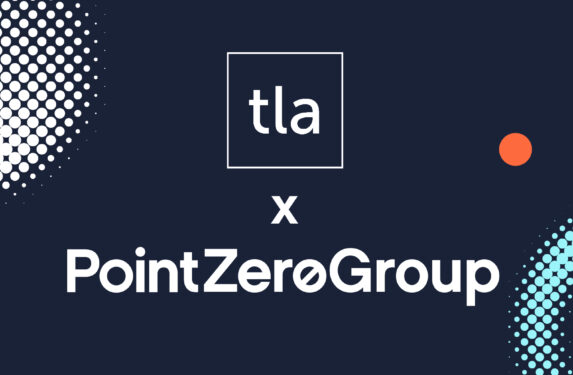
According to the ONS, in January 2019 the UK employment rate was at its highest since records began yet there were 39,000 more job vacancies in Q4 2018 vs Q4 2017. This clearly poses a problem for employers: how do you attract and retain the best talent? The days of solely relying on glossy recruitment marketing and shiny careers websites are over. Candidates, much like consumers, are better informed (and more particular) than ever before. After all, starting a new job is major, life-changing event – I know, I’ve just done it! If you want to give yourself the best chance of finding the right fit, you’ll want to make your decision based on reviewing all the evidence.
But, where do you start to look for this evidence? You could look at rankings, awards, accolades and accreditations but with so many out there – and new ones being released (what feels like) weekly, which are authentic and commendable? To the untrained eye, the vast majority look respectable but they’re often based on data which can be manipulated. So, how do we understand what it’s really like to work for an organisation? How do we sort the wheat from the chaff?
For me, it’s all about relevance. Some of the traditional survey-based lists and rankings can still be relevant, but it really depends on the audience that you’re looking to engage with. HR professionals will know how much work goes into getting onto them and will probably hold them in higher regard as a result. To a baby-boomer or Gen X person who is part of a senior management or leadership team, then it’s likely they still hold clout, but I’d argue that the resulting ranking is a differentiating rather than deciding factor. A high position is a ‘nice to have’ rather than a prerequisite.
The challenge that they face is from the new(ish) kids on the block, organisations such as Glassdoor and Indeed which provide real-time, authentic reviews. Gallup states that ‘today’s workplace is more transparent than ever [and] that means that what employees experience within an organization can directly impact that company’s ability to hire and retain great talent’ and personally, I couldn’t agree more. Millennials and Gen Z are generally looking for much more transparency from potential employers. So ratings and reviews on websites like Glassdoor and Indeed, amplifying the uncensored and unedited voices of existing employees, will become ever-more important. And on top of that, Glassdoor is now publishing its own ‘Best Places to Work’ list, based purely on these reviews.
If companies have the budgets and resources to enter into the well-established, more traditional rankings, then great. But I’d argue that cultivating a culture that your people love and thrive in, and fully embracing media like Glassdoor and Indeed to give them a platform to tell the world about it, would be far more beneficial. And it would be more accessible and relevant to the diverse workforces of today and tomorrow.
I really think that’s the future. So much so, that a couple of friends and I have just launched a new branding and communications agency – BrandPointZero – aiming to help with all of this. We believe that brands are built from the inside out. So, if you’d like to know more about how you can galvanise your employees behind a shared purpose, to create a truly engaged workforce and a more connected, effective organisation, then please get in touch.
 Why start with EVP? 23 Apr Do you say “employer value proposition” or “employee value proposition?” At BrandPointZero we’ve (mostly) decided on the former. We think about EVP as a compelling […]
Why start with EVP? 23 Apr Do you say “employer value proposition” or “employee value proposition?” At BrandPointZero we’ve (mostly) decided on the former. We think about EVP as a compelling […] How to make your EVP work harder 6 Mar For many organisations, their EVPs & Employer Brands are associated with recruitment and resourcing. But during these uncertain economic times, we think the role of […]
How to make your EVP work harder 6 Mar For many organisations, their EVPs & Employer Brands are associated with recruitment and resourcing. But during these uncertain economic times, we think the role of […] Bristol agency BrandPointZero to merge with That Little Agency to create larger full-service employer brand marketing agency 4 Jan Bristol-based employer brand agency BrandPointZero has announced a merger with fellow Bristol agency That Little Agency, a move that will significantly increase the PointZero Group’s […]
Bristol agency BrandPointZero to merge with That Little Agency to create larger full-service employer brand marketing agency 4 Jan Bristol-based employer brand agency BrandPointZero has announced a merger with fellow Bristol agency That Little Agency, a move that will significantly increase the PointZero Group’s […]
